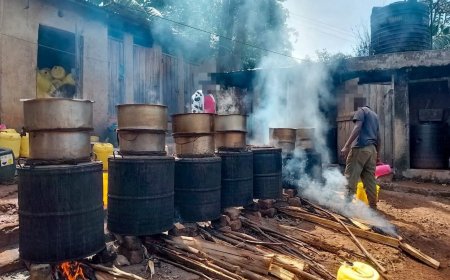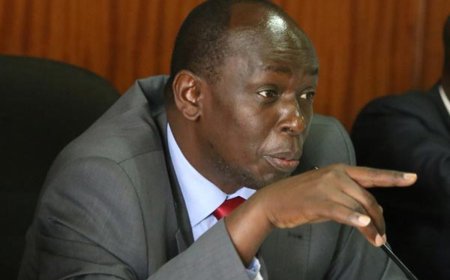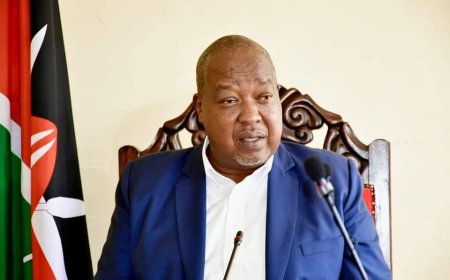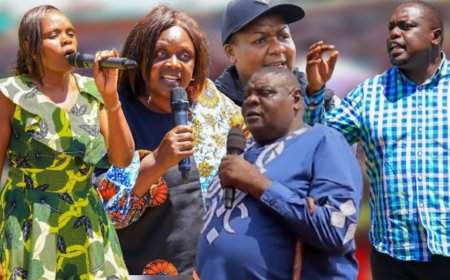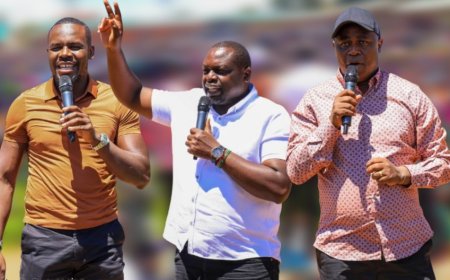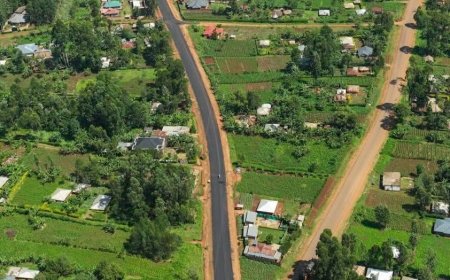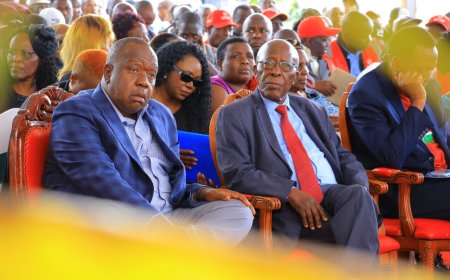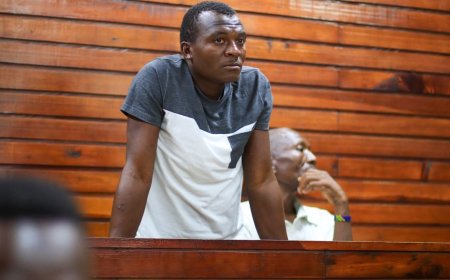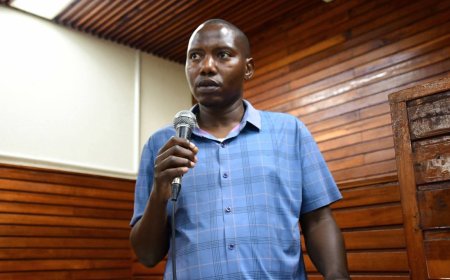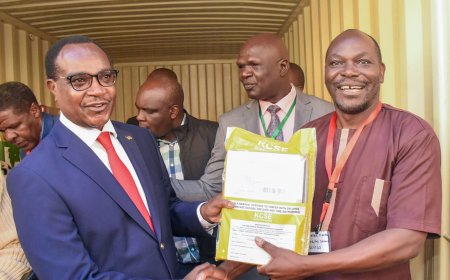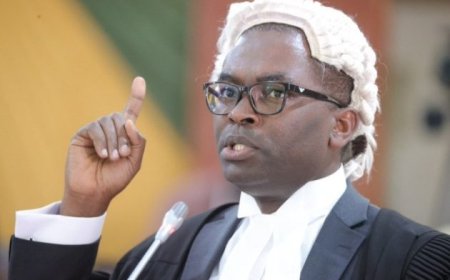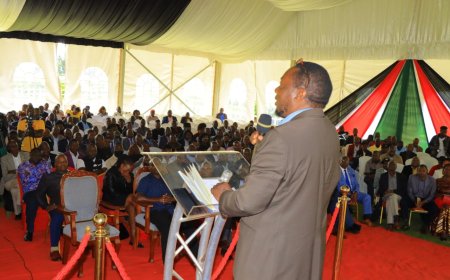Politics At The Pulpits: Strategy Or Greed
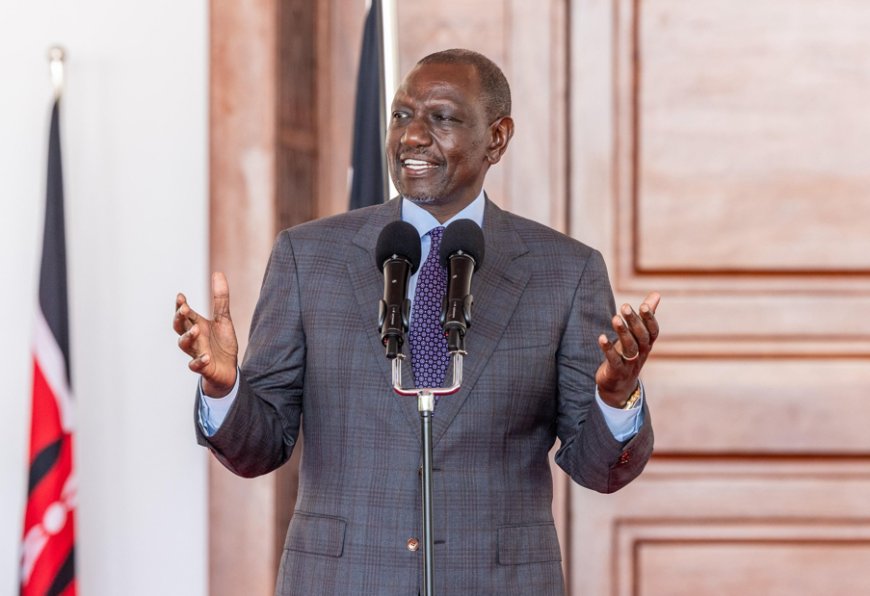
President William Ruto has been known for his financial ties to Kenya’s Christian community.
He often make headlines for his generous donations to churches across the country.
Interesting, while these contributions have been welcomed by some, they have also sparked heated public debate, particularly regarding their timing and magnitude.
Though a fully comprehensive record of Ruto’s church donations is not maintained publicly, several notable instances have been highlighted by the media over the past year.
In March 2025, President Ruto made one of his most high-profile donations at the Jesus Winner Ministry in Roysambu, Nairobi. He donated Sh 20 million toward the church’s construction and pledged an additional Sh 100 million, to be raised with the help of his friends.
This was not his first contribution to the ministry. Earlier, he had also donated Sh 600,000 to the church choir, Sh 2 million toward the construction of the preacher's house, and promised a further Sh 3 million along with a parish bus.
Also in March 2025, Ruto donated Sh 20 million to the African Inland Church (AIC) Fellowship-Annex in Eldoret. This amount reportedly doubled a previous collection of Sh10 million raised by congregants.
In December 2024, a donation of Sh 5 million was made to Crispinus Anglican Church in Bungoma, delivered on behalf of the President by Bungoma Governor Kenneth Lusaka.
One of the most contentious episodes occurred in November 2024, when President Ruto, alongside Nairobi Governor Johnson Sakaja, contributed a combined amount of between Sh 2.8 million and Sh 5.6 million to Soweto Catholic Church in Nairobi respectively.
The funds were meant for various purposes, including supporting the church choir and construction of a priest’s house.
In a rare move, the Archdiocese of Nairobi, under the leadership of Archbishop Philip Anyolo, rejected and returned the donation. Citing the Kenya Conference of Catholic Bishops (KCCB) and the newly enacted Public Fundraising Appeals Bill 2024, the church stated that the contribution violated ethical principles and risked compromising its independence from political influence.
President Ruto seems to have gone against his ban on fund drives.
In July 2024, he personally issued a directive banning cash donations to public fundraisers (harambees) by politicians and government officials, in a bid to curb corruption.
Critics argue that Ruto’s continued church donations flout the spirit—if not the letter—of that policy.
Still, Ruto has repeatedly defended his actions, stating that his Christian faith compels him to support church development and that his giving is a matter of personal conviction rather than politics.
As Kenyan grapple with issues of governance, transparency, and religious independence, President Ruto’s church donations remain a flashpoint.
While some view them as genuine acts of faith and generosity, others raise concerns about their political implications, timing, and the precedent they may set in public life.
What's Your Reaction?
 Like
2
Like
2
 Dislike
0
Dislike
0
 Love
0
Love
0
 Funny
0
Funny
0
 Angry
0
Angry
0
 Sad
0
Sad
0
 Wow
0
Wow
0



